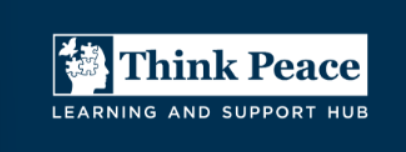External Partners
Making Korean Art Song accessible for English Speakers
This project began under the guidance of Dr. Matthew Thompson and his team, and in 2020 it was supported by ArtsEngine at the University of Michigan. It works to make Korean art song accessible to English speakers. To date, we have collected nearly 1,000 unique songs and created a database containing detailed information about them—composer, poet, key, vocal range, tempo, instrumentation, and links to recordings.
A leading society for Korean Art Song
"Sowshino," short for “Our Precious Poetry and Song” (소중한 우리 시와 노래), is a society of young vocalists dedicated to Korean art song. The young singers of Sousino not only study Korean art songs but also take part in the entire process of producing performances—researching, planning themed programs, and presenting them on stage.
Under the guidance of artistic and music directors, members strive to elevate their performances of songs in their native language to the highest level. In addition, they collaborate with active Korean art song composers, often premiering newly commissioned works. Through these efforts, Sousino aims to sustain, revitalize, and further develop the tradition of Korean art song.
The Korean Cultural Center Washington, D.C.
The Korean Cultural Center Washington, D.C., a branch of the Embassy of the Republic of Korea, was officially established in October 2010 to introduce Korean Culture to American audiences and expand cultural exchange between Korea and the U.S., building strong ties between the two countries in the process. Through partnerships with key local institutions, including the Smithsonian Institution and the John F. Kennedy Center for the Performing Arts, the Korean Cultural Center Washington, D.C. also presents a variety of co-hosted events in addition to our own regular film, art, education, and performance programs.
Mary Hoch Center for Reconciliation
MHCR aims to bring scholars and practitioners of reconciliation together to both research reconciliation practices and develop the impact of ongoing and future reconciliation processes at the Jimmy and Rosalynn Carter School for Peace and Conflict Resolution at George Mason University.
Think Peace
Think Peace accompanies communities that carry the weight of legacies of violence by being alongside and coWe accompany communities that carry the weight of legacies of violence by being alongside and co-creating opportunities for learning and reflection. We integrate neuroscientific insights into peer learning, co-creation processes, and knowledge sharing to collectively transform the past and build a healing future-creating opportunities for learning and reflection. We integrate neuroscientific insights into peer learning, co-creation processes, and knowledge sharing to collectively transform the past and build a healing future.





